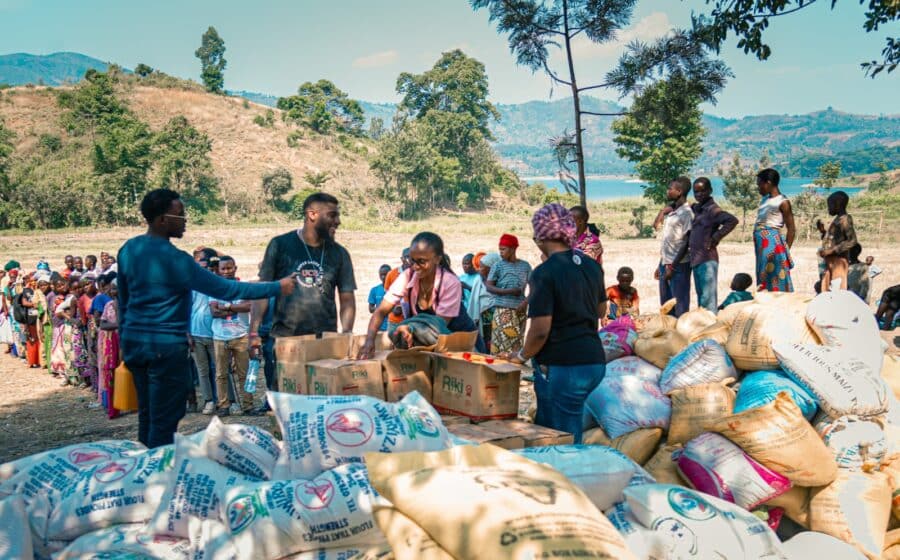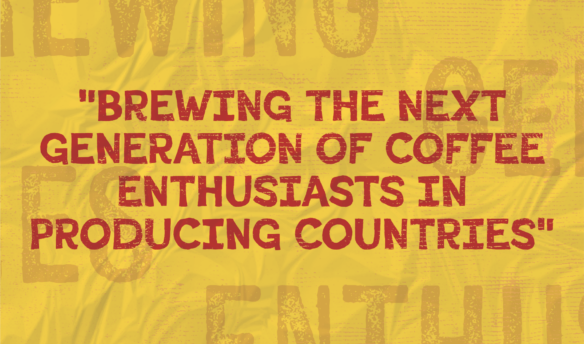“I grew up in federally subsidized housing. My parents never owned a home. I came from nothing. I thought my entire life was based on the achievement of the American dream. Yes, I have billions of dollars. I have earned it, no one has given it to me. Your moniker is unfair.”
The quote above is from Howard Schultz, the former CEO of Starbucks. Schultz said this during a US congressional hearing called to investigate the alleged anti-union actions of the company. Over 300 Starbucks locations have voted to unionize, and Schultz was responding to questions not only about company policies but his attitudes towards the union and personal wealth.
Schultz’s quote was in response to a statement made by Senator Tina Smith of Minnesota. Sen. Smith challenges Schultz’s characterization of Starbucks as a good place to work and, therefore, not needing a union. She goes on to say that unions aren’t just for workers in poor employment conditions and reminds Schultz of power dynamics in play between himself and his workers: “There’s an imbalance of power,” she says. “You’re a billionaire, they’re your employees, the imbalance of power is extreme, and that is why people want to come together and form a union.”
The sentiments expressed in the exchange between Schultz and Sen. Smith are emblematic of larger debates about the wealth gap. For decades, we’ve been witness to a widening gap between the rich and everyone else. “The wealth gap between America’s richest and poorer families more than doubled from 1989 to 2016,” a report from the Pew Research Center states.
The wealth gap has been further exacerbated by the pandemic: more than 160 million people globally were pushed into poverty while the top ten billionaires (not the top ten percent—top ten people) doubled their wealth. According to the World Inequality Lab, “global inequalities seem to be about as great today as they were at the peak of Western imperialism in the early 20th century.” To put it in perspective, global economic inequality now is similar to the inequality when many coffee-producing countries in Africa and Asia were still colonies that belonged to countries in Europe.
This is a significant step backward. Those with aspirations to contribute to a healthier and stronger industry must ask whether our actions and policies are growing the industry’s middle class or widening the inequality gap.
The Middle Class In Coffee?
In a report summarizing research on the importance of a strong middle class, economists agreed on the four statements below:
- “A strong middle class promotes the development of human capital and a well-educated population.
- A strong middle class creates a stable source of demand for goods and services.
- A strong middle class incubates the next generation of entrepreneurs.
- A strong middle class supports inclusive political and economic institutions, which underpin economic growth.”
While the report mentioned above focused on the United States, all countries around the world would benefit from having a strong middle class. The coffee industry is highly interconnected, and many workers in coffee-producing countries and coffee-consuming countries, such as farmers and baristas, earn less than the average income in their respective countries.
It’s estimated that the coffee industry generates 200 billion dollars annually. According to a report released by the Coffee Barometer, coffee-producing countries, mainly in South America, Africa, and Asia, only keep 10% of that value. The price for raw green coffee (then roasted and sold in stores and cafes) falls in the $1.50-$4.50/lb range, depending on the quality, country of origin, certifications, and more. However, coffee is costly to produce: farmers must contend with high production costs as well as logistics, financing, and more. As a result, coffee producers profit a meager percentage of that total price, and many do not earn a living income. Producers generally represent one end of the coffee supply chain: when we look at the other end—baristas—we find that many are also struggling.
According to a wage survey by the non-profit Go Fund Bean, baristas in the United States, on average, earned $14 an hour and took home an annual salary of $20,062 before tips (there were 162 survey respondents, but according to Indeed.com, the average hourly wage for a barista is $13.90, which is right around what the Go Fund Bean survey reports). If 90% of the value of coffee is leaving producing countries, and baristas are underpaid, then who is making the money? It’s apparent there’s a wealth gap here.
However, focusing on actors in different parts of the world is not enough—it’s essential to understand the context and value of the industry in coffee-consuming versus coffee-producing countries. The Gross Domestic Product (GDP) per capita is calculated by dividing a nation’s GDP by its population. While GDP per capita is not a perfect metric, it provides context around wealth differences between countries and their citizens. For the United States, the GDP per capita is $70,200, which is 15 times higher than the average GDP per capita of the top ten coffee-producing countries in the world: Brazil, Vietnam, Colombia, Indonesia, Honduras, Peru, India, and Uganda. And in the case of Congo, the country I’m most familiar with, the US GDP per capita is 122 times higher than Congo’s at $577.
While many in the United States feel that the system is rigged to favor wealthy business owners and enable them to underpay their workers, globally speaking, the United States is the elite. Many feel that the system of growing and exporting coffee is rigged to ensure that farmers are underpaid and that US drinkers and drinkers from other wealthy consuming countries can access the cheapest coffee possible.
We All Have A Role To Play
Despite everything we love about the coffee industry, the system doesn’t work—unless you believe that farmers and baristas are supposed to be underpaid. In order to make meaningful change, we must reflect, challenge assumptions, and ask ourselves difficult questions about how money and wealth are earned—and how individual actors can make changes to ensure more people can make a meaningful livelihood in coffee.
If you’re a business owner or stakeholder, I encourage you to ask yourself these questions:
- Do our businesses, actions, or policies increase opportunities that will allow more people to earn a living in coffee? Or are we widening the gap between the rich and poor?
- As an importer, do our partnerships with cooperatives and farmers widen the gap, preserve the status quo, or grow the middle class?
- Similarly, as a roaster, do buying decisions preserve the status quo for importers and widen the gap between the few large importers and everyone else, or do our decisions help grow the middle?
- What’s the impact of our compensation packages on the status quo? Do we pay some people on staff significantly more than others? How does that disparity affect the lowest-paid workers?
- What can we do to ensure that coffee is not a poverty trap for many of its essential workers?
These are tough questions. We may not like all of the answers, but they will help us understand the role we play in the industry’s overall health.
Collective action in a sector where individual interests and incentives don’t always align is nearly impossible. But individually, if we all evaluate whether our efforts contribute to the status quo—widen the gap or grow the middle—there’s a chance that the industry will be healthier and that the next generation of coffee professionals in the US, Congo, or anywhere else, won’t be dealing with the same challenges.
The Biggest Hurdle
“It’s too expensive; Congolese people just don’t make enough money to buy a cup of coffee.”
Around the time Howard Schulz testified in front of Congress, I was doing a WhatsApp interview with a candidate for a quality control assistant role at Mighty Peace Coffee, a coffee and social impact company I co-own, when he made the above statement (the above quote is translated from French).
His long-term dream is to open a cafe in Bukavu, the capital of the South Kivu province in Congo, so that more Congolese citizens can enjoy and understand the quality of coffee that the country has to offer. He believes that the biggest hurdle in the way of that dream is poverty.
His insight provided a stark example of how big the financial gap is in the world and within coffee. We all need each other for the industry to work: farmers, roasters, and baristas are all necessary, yet it often feels that many of us live in different worlds. Some live in a world where being called a billionaire feels unfair, others live in a world where asking for a livable wage is seen as unreasonable, and others live in one where being able to afford a cup of coffee is unrealistic.
Despite these extremes and challenges, we at Mighty Peace Coffee are committed to learning and doing our best to ensure that the farmers, agronomists, quality control assistants, and anyone that we hire or work with earn incomes that give them the means to pursue happiness and enjoy affordable luxuries, such as a good cup of coffee.
The views expressed in this article are those of the author and not necessarily of Fresh Cup. Photo courtesy of Mighty Peace Coffee.












